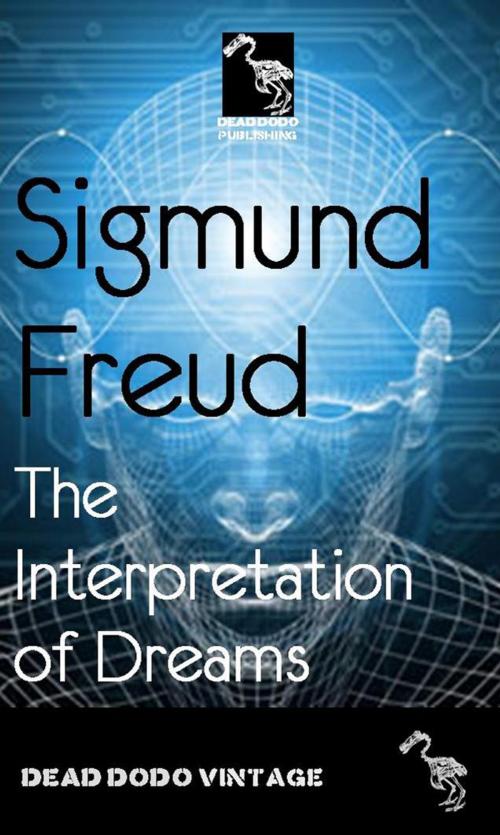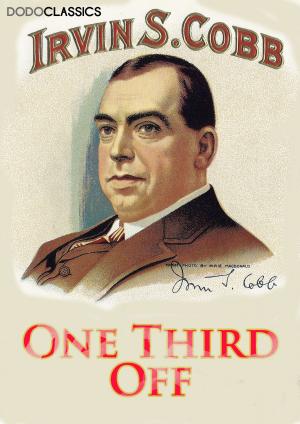| Author: | Sigmund Freud | ISBN: | 9781909959453 |
| Publisher: | Dead Dodo | Publication: | December 15, 2009 |
| Imprint: | Dead Dodo Vintage | Language: | English |
| Author: | Sigmund Freud |
| ISBN: | 9781909959453 |
| Publisher: | Dead Dodo |
| Publication: | December 15, 2009 |
| Imprint: | Dead Dodo Vintage |
| Language: | English |
The Interpretation of Dreams (German: Die Traumdeutung) is a book by psychoanalyst Sigmund Freud. The book introduces Freud's theory of the unconscious with respect to dream interpretation, and also first discusses what would later become the theory of the Oedipus complex. Freud revised the book at least eight times and, in the third edition, added an extensive section which treated dream symbolism very literally, following the influence of Wilhelm Stekel. Freud said of this work, "Insight such as this falls to one's lot but once in a lifetime." The initial print run of the book was very low — it took many years to sell out the first 600 copies. However, the work gained popularity as Freud did, and seven more editions were printed in his lifetime. The text was translated from German into English by A. A. Brill, an American Freudian psychoanalyst, and later in an authorized translation by James Strachey, who was British. Because the book is very long and complex, Freud wrote an abridged version called On Dreams. Dreams, in Freud's view, are all forms of "wish fulfilment" — attempts by the unconscious to resolve a conflict of some sort, whether something recent or something from the recesses of the past (later in Beyond the Pleasure Principle, Freud would discuss dreams which do not appear to be wish-fulfilment). Because the information in the unconscious is in an unruly and often disturbing form, a "censor" in the preconscious will not allow it to pass unaltered into the conscious.
The Interpretation of Dreams (German: Die Traumdeutung) is a book by psychoanalyst Sigmund Freud. The book introduces Freud's theory of the unconscious with respect to dream interpretation, and also first discusses what would later become the theory of the Oedipus complex. Freud revised the book at least eight times and, in the third edition, added an extensive section which treated dream symbolism very literally, following the influence of Wilhelm Stekel. Freud said of this work, "Insight such as this falls to one's lot but once in a lifetime." The initial print run of the book was very low — it took many years to sell out the first 600 copies. However, the work gained popularity as Freud did, and seven more editions were printed in his lifetime. The text was translated from German into English by A. A. Brill, an American Freudian psychoanalyst, and later in an authorized translation by James Strachey, who was British. Because the book is very long and complex, Freud wrote an abridged version called On Dreams. Dreams, in Freud's view, are all forms of "wish fulfilment" — attempts by the unconscious to resolve a conflict of some sort, whether something recent or something from the recesses of the past (later in Beyond the Pleasure Principle, Freud would discuss dreams which do not appear to be wish-fulfilment). Because the information in the unconscious is in an unruly and often disturbing form, a "censor" in the preconscious will not allow it to pass unaltered into the conscious.















